Sainsbury’s has reported a decline in first-half profits but said current trading is strong and it is making volume market share gains.
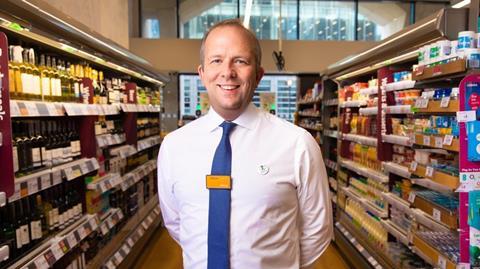
Sainsbury’s posted a statutory profit before tax down 29% to £376m, on revenues up 4.4% to £16.41bn.
Retail operating profit slid 9% in the period to September 17, which the grocer said reflected ”investment in value, reduced grocery and general merchandise volumes post-pandemic and higher operating costs, partially offset by a higher fuel contribution”.
Grocery sales edged up 0.2% over the half, rising to 3.8% in the second quarter “as lockdown comparatives eased, market price inflation accelerated, customers responded well to the strength of our offer and we benefited from warm weather”.
Grocery sales were 9.3% higher than H1 19/20.
General merchandise sales tumbled 6.1% but improved to 1.2% in the second quarter, “driven by improved availability, favourable summer weather and strong market share gains” as categories such as consumer electronics and seasonal products performed well.
Sainsbury’s maintained full-year profit guidance and said it is well positioned for peak trading and is gaining market share.
Sainsbury’s chief executive Simon Roberts said: “Two years ago, we launched our plan to put food back at the heart of Sainsbury’s.
“We committed to improve shareholder returns by creating a simpler business and reducing costs to invest in lower prices, food innovation and maintaining colleague and customer satisfaction.
“We have grown market share in both grocery and general merchandise, and investment in our stores and colleagues is supporting leading supermarket customer satisfaction and availability. Profits are significantly higher than pre-Covid levels and we are generating strong cash flow, supporting debt reduction and dividend payments.
“We really get how tough it is for millions of households right now. Customers are watching every penny and every pound, and we know that they are relying on us to keep food prices as low as we can. We will have invested more than £500m by March 2023 in keeping prices lower by cutting our costs at a faster rate than our competitors, meaning we have more firepower to battle inflation.
“Over the past year and a half, we have consistently passed on less price inflation than our competitors and I am confident we have never been better value. Argos is also performing well in a market where customers are looking for reassurance that they are getting great value and availability.
“We were the first supermarket to give our colleagues a second pay rise this year and have invested £150m to support them and drive outstanding service. I want to thank all my colleagues for their hard work and dedication and for everything they are doing to deliver for our customers.”
- Get the latest grocery news and analysis straight to your inbox – sign up for our weekly newsletter





















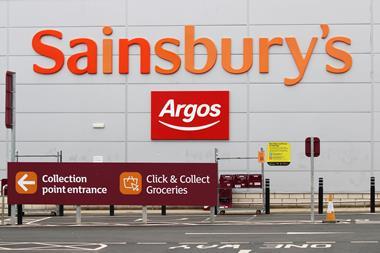
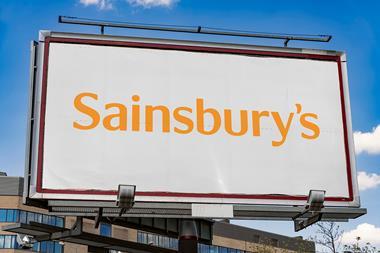
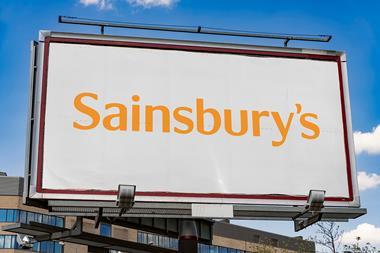
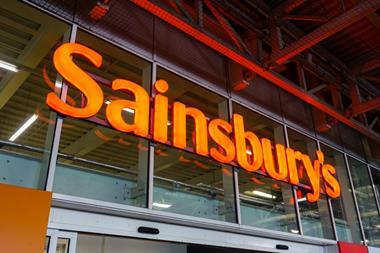
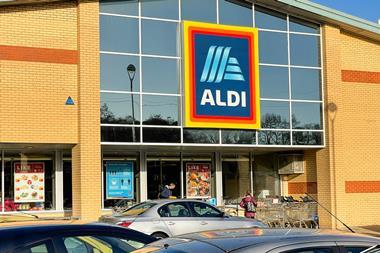
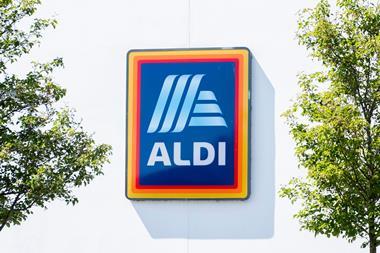
No comments yet